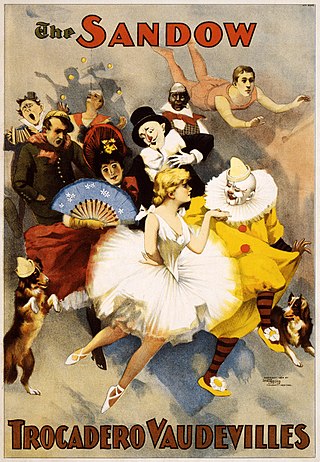
Vaudeville is a theatrical genre of variety entertainment born in France at the end of the 19th century. A vaudeville was originally a comedy without psychological or moral intentions, based on a comical situation: a dramatic composition or light poetry, interspersed with songs or ballets. It became popular in the United States and Canada from the early 1880s until the early 1930s, but the idea of vaudeville's theatre changed radically from its French antecedent.

Grace Cunard was an American actress, screenwriter and film director. During the silent era, she starred in over 100 films, wrote or co-wrote at least 44 of those productions, and directed no fewer than eight of them. In addition, she edited many of her films, including some of the shorts, serials, and features she developed in collaboration with Francis Ford. Her younger sister, Mina Cunard, was also a film actress.

Daphne Pollard was an Australian-born vaudeville performer and dancer, active on stage and later in US films, mostly short comedies.

Sam Bernard was an English-born American vaudeville comedian who also performed in musical theatre, comic opera and burlesque and appeared in a few silent films.

Valeska Suratt was an American stage and silent film actress. Over the course of her career, Suratt appeared in 11 silent films, all of which are now lost, mainly due to the 1937 Fox vault fire.

Paulina Clarissa Molony, known professionally as Saharet, was an Australian dancer who performed in vaudeville music houses as well as in Broadway productions in the United States as well as in Europe, earning considerable fame and notoriety.

Aida Overton Walker, also billed as Ada Overton Walker and as "The Queen of the Cakewalk", was an American vaudeville performer, actress, singer, dancer, choreographer, and wife of vaudevillian George Walker. She appeared with her husband and his performing partner Bert Williams, and in groups such as Black Patti's Troubadours. She was also a solo dancer and choreographer for vaudeville shows such as Bob Cole, Joe Jordan, and J. Rosamond Johnson's The Red Moon (1908) and S. H. Dudley's His Honor the Barber (1911). Aida Overton Walker is also well known for her 1912 performance of the "Salome" dance at Hammerstein's Victoria Theatre. This was Aida's response to the national "Salomania" craze of 1907 that spread through the white vaudeville circuit.
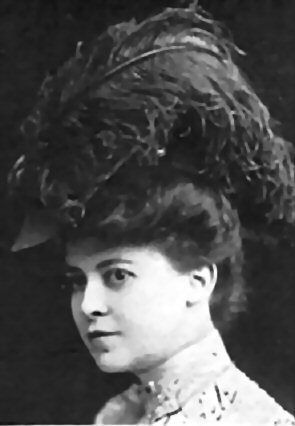
Valerie Bergere was a French-born American actress who had a near fifty-year career in theatre and cinema. She began in the chorus of a touring opera company before acting in repertory theatre productions for nearly a decade. Bergere rose to play leading roles, but found her true success in vaudeville where for some seventeen years she remained one of the top draws in variety theatre. Over her later years Bergere also took on character roles in some twenty Broadway and Hollywood productions.
The Lillian Booth Actors Home of The Actors Fund is an American assisted-living facility, in Englewood, New Jersey. It is operated by the Actors Fund, a nonprofit umbrella charitable organization that assists American entertainment and performing arts professionals.
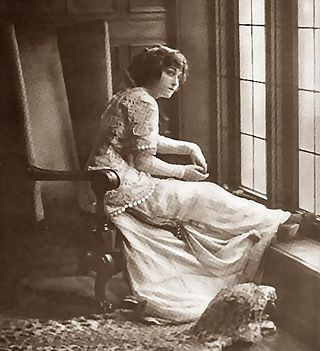
Mabel Hite was a vaudeville comedian and musical comedy actress.
William Hammerstein was an American theater manager. He ran the Victoria Theatre on what became Times Square, Manhattan, presenting very popular vaudeville shows with a wide variety of acts. He was known for "freak acts", where celebrities or people notorious for scandals appeared on stage. Hammerstein's Victoria Theatre became the most successful in New York.
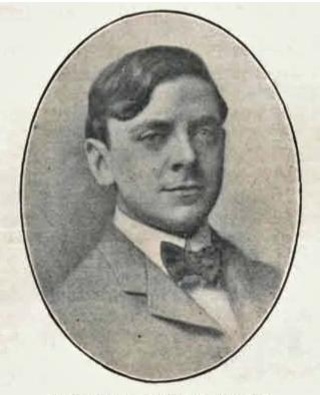
Addison Burkhardt was a librettist and lyricist from about 1903 to 1922 and a Hollywood script and scenario writer thereafter.

Vera Michelena was an American actress, contralto prima donna and dancer who appeared in light opera, musical comedy, vaudeville and silent film. She was perhaps best remembered for her starring roles in the musicals The Princess Chic, Flo Flo and The Waltz Dream, her rendition of the vampire dance in the musical Take It from Me and as a Ziegfeld Follies performer.

Winona Winter was an American vaudeville performer and silent-film actress.

Georgia O'Ramey was an American actress in comedies and musical theatre.

Vivian Augustus Marshall was an American diver, vaudeville performer and film actress. Born in California, Marshall's family moved to Oregon during her youth and she gained notoriety for her aquatic skills while a member of the Multnomah Athletic Club in Portland and later performed public stunt dives from heights of 70 feet and above. She also performed a signature stunt called the "fire dive", in which she would douse her baiting suit in wood alcohol, light it with a match and perform a high dive into the water to extinguish the flames. Marshall worked for vaudeville producer Alexander Pantages and acted in motion pictures in Los Angeles, California. She was married to actor Otto Fries and they had two children, Sherwood Marshall and Ottilie Vivian.

Ulrika R. "Ullie" Akerstrom was an American actress, dancer, playwright, and vaudeville performer.

May Tully was a Canadian actress, writer, director, and producer in theatre and film, and, according to sportswriter Damon Runyon, "perhaps the greatest woman baseball fan that ever lived."

Mazie King was an American dancer, singer, and vaudeville performer.
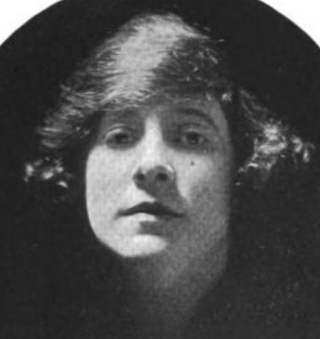
Elizabeth H. "Cissie" Sewell was an English-born stage actress, dancer, and ballet mistress, wife of Irish-born Canadian performer Cyril Biddulph.


















